|
A journalist that needs little to no introduction, Soledad O'Brien is known for taking viewers off of their couch and immersing them into a complete cultural paradigm shift. Whether it be through her “Black in America” or “Latino in America” documentary franchises; Soledad is committed to telling authentic and compelling stories of those that are often overlooked.
Through out the years she has brought viewers around the world a variety of news coverage on networks like PBS, Al Jazeera America, CNN, National Geographic, NBC and several others. In June she launched Starfish Media Group, a multi-platform media production and distribution company, dedicated to uncovering and producing empowering stories that take a challenging look at the often divisive issues of race, class, wealth, poverty and opportunity, through personal stories. Here at The Dinner Table Doc we believe in the power of sharing diverse content and we feel honored to have such a powerhouse join us for a digital dinner. So before we begin, we say thank you Soledad! You've truly set the standard and highlighted the importance of sharing narratives that need a chance. Without further adieu check out her Piece of the Pie here:
Why journalism? Was there a specific moment or experience that solidified your desire to work in the field?
I started working in television in 1987. I had recently decided that I wasn’t going to medical school after taking pre-med classes with my sister. She was so clearly passionate about it and I was so clearly not. I was pretty good at regurgitating the information but I didn’t love it. I was 17 and had an internship at the local television station. I loved that because it was really fun and I was good at it. I was good at the basics like multitasking, fetching coffee and removing staples. I was also pretty good at figuring out how to put stories together, reporting and doing shows. I had the opportunity to do some shows myself and I really enjoyed it. That experience was helpful to me.
In your book “The Next Big Story” you speak very candidly about growing up and coming into your identity. You talk about having someone question your ethnicity at eleven years old and trying not to offend you by asking if you were black. I follow you on social media and it seems as though the protocol on questioning your race is still the same. How do you deal with those situations?
I think when you do a lot of reporting on race, you have to be transparent because people will question your experience. Certainly when we started doing Black in America, a lot of people came to me and said “well are you even really black?” I didn’t feel like it was an offensive question. I understood that they wanted to know my perspective on the issue. Of course there are other times people come up and they’re obnoxious and not very polite. It also depends on if I’m tired or I’m happy for the answer. [laughs] There’s a part of being a journalist, that’s being a teacher. So I don’t mind it. I really think it’s been helpful to encourage a dialogue and discussion about race because that’s the second part of the story, the way you think. Do you think documentaries do a thorough job of igniting insightful conversations? I think documentaries are really powerful and they’re becoming more and more powerful everyday. People are interested in documentaries because they’re authentic. Documentaries hold a tremendous power. As a reporter there’s something that’s nice about being transparent. My positions are of course just from my life experiences -- things that I’ve learned and have been reporting. However I think it’s very critical to be transparent while reporting.
The Dinner Table Documentary is all about crushing narrow perceptions and celebrating the narratives of multidimensional black women. How important is it to share these truths when it comes to scripted and reality programming?
I think the key is understanding that there’s not just one narrative. I always tell people that the real tragedy is not letting people experience multiple versions of the reality that's out there. The reality tv version is not the only version but because it’s the verbicide version and we don’t have a lot of others, someone might not know that there are plenty of women whose dinner does not include pulling at someone’s hair and shrieking at each other. Most women I know are wonderful and incredibly supportive of each other but the reality tv strategy is not to bring people together. I think we get to see white people in hundreds of experiences on television but I don’t think we get to see that expressed in people of color. I think people of color get only a few of narratives. Asians get one narrative (around education) while Native Americans get no narrative at all. I think a real win is showing a number of different stories because as human beings we come in a range of experiences.
If we were to have dinner, What would you bring to our table?
I would have to get my mom to make black beans and rice. It’s my favorite food and it’s so easy because no one’s ever allergic to it. There’s beans and rice in every culture, it’s such a comfort food. You can’t be depressed while warming up a bowl of black beans and rice.
Who are some of your greatest influences and inspirations when it comes to being the woman you are today?
I’m still becoming the woman that I am today, however I find this a tremendous compliment. I remember Maya Angelou once said to me “Soledad, I’m so proud of the woman you’ve become” and that was one of the most remarkable things. My mom has been a great influence. During my first few years working I was so exhausted. When I had my twins, I had four kids under four and I told to my mom “I just don’t think I can do it, maybe I should just quit my job.” She said “don’t quit your job, these jobs are very hard to get. You can quit tomorrow but you can’t quit today. Quit tomorrow.” However I didn’t quit and we’ve had a lot more of those talks since. [laughs] There have been several women [that inspire me], from family members to authors of books I just read. Everyone. One of the remarkable things about being a journalist is that everyone that you’re covering is inspiring.
Don’t specialize right away, don’t be quick to say what you’re interested in. No one cares what you’re interested in, you’re a new hire, keep your mouth shut and if someone wants you to go get coffee, you get coffee. Later on it’s easier to finance your specialty when you have a track record with other people. One of the perks of being a young person working at CNN, is that you have everyone giving you the nod. They’ll say this person worked for a major multinational company, they had to go through the process. You learn from all the people around you. Even some of the people you hate can really help you.
See a clip from Black in America here:
Keep up with Soledad on social media
Twittter: @soledadobrien Facebook: https://www.facebook.com/SoledadOBrien.OfficialPage Written by Asha Boston
0 Comments
Leave a Reply. |
Categories |
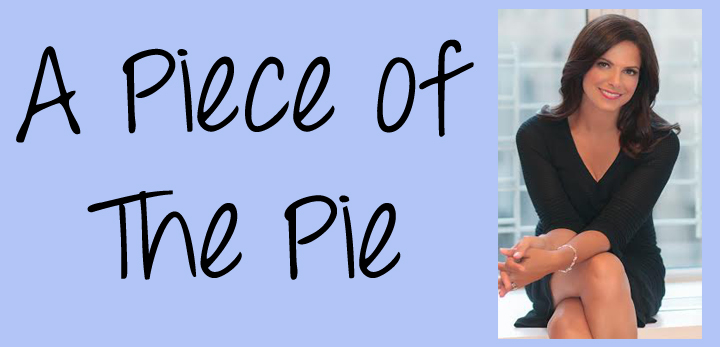
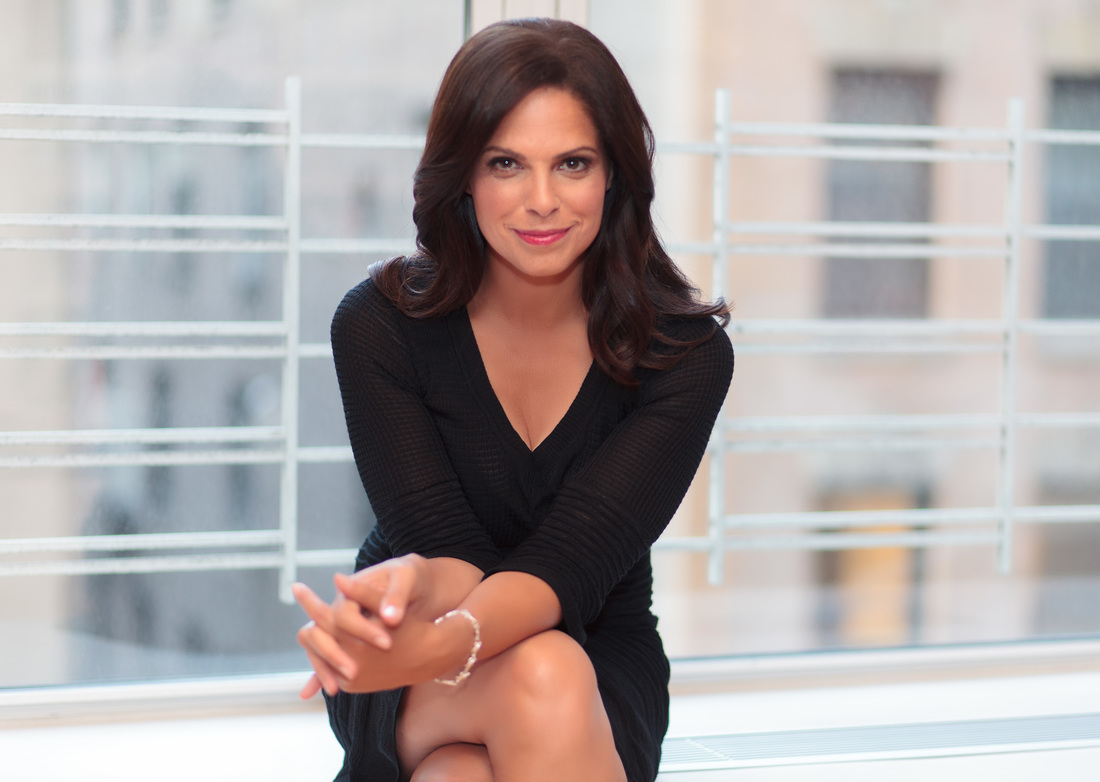
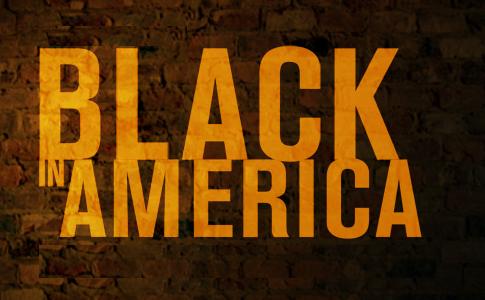
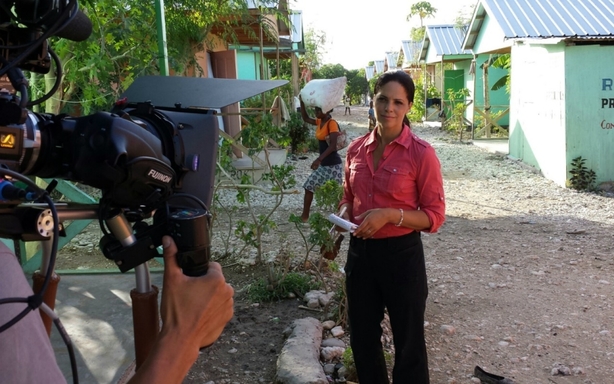
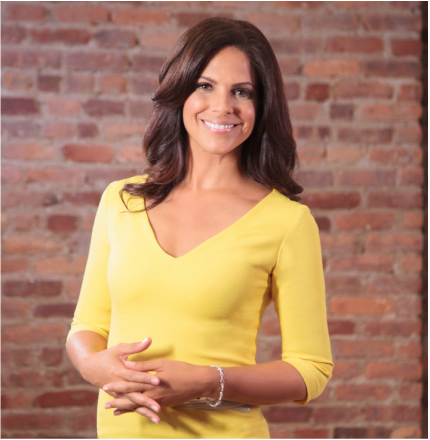
 RSS Feed
RSS Feed